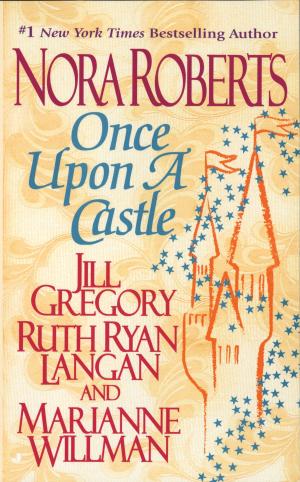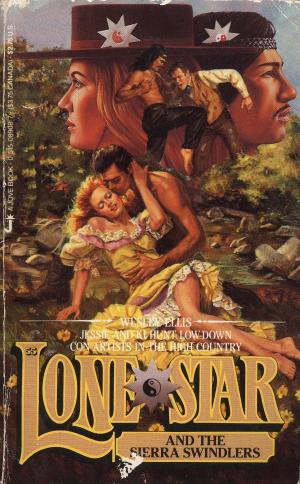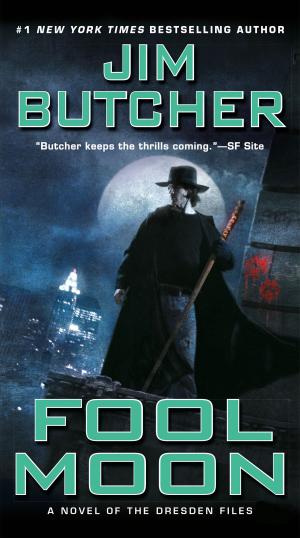How the World Moves
The Odyssey of an American Indian Family
Nonfiction, History, Americas, Native American, United States, Biography & Memoir| Author: | Peter Nabokov | ISBN: | 9780698176263 |
| Publisher: | Penguin Publishing Group | Publication: | September 22, 2015 |
| Imprint: | Penguin Books | Language: | English |
| Author: | Peter Nabokov |
| ISBN: | 9780698176263 |
| Publisher: | Penguin Publishing Group |
| Publication: | September 22, 2015 |
| Imprint: | Penguin Books |
| Language: | English |
A compelling portrait of cultural transition and assimilation via the saga of one Acoma Pueblo Indian family
Born in 1861 in New Mexico’s Acoma Pueblo, Edward Proctor Hunt lived a tribal life almost unchanged for centuries. But after attending government schools he broke with his people’s ancient codes to become a shopkeeper and controversial broker between Indian and white worlds. As a Wild West Show Indian he travelled in Europe with his family, and saw his sons become silversmiths, painters, and consultants on Indian Lore. In 1928, in a life-culminating experience, he recited his version of the origin myth of Acoma Pueblo to Smithsonian Institution scholars.
Nabokov narrates the fascinating story of Hunt’s life within a multicultural and historical context. Chronicling Pueblo Indian life and Anglo/Indian relations over the last century and a half, he explores how this entrepreneurial family capitalized on the nation’s passion for Indian culture. In this rich book, Nabokov dramatizes how the Hunts, like immigrants throughout history, faced anguishing decisions over staying put or striking out for economic independence, and experienced the pivotal passage from tradition to modernity.
A compelling portrait of cultural transition and assimilation via the saga of one Acoma Pueblo Indian family
Born in 1861 in New Mexico’s Acoma Pueblo, Edward Proctor Hunt lived a tribal life almost unchanged for centuries. But after attending government schools he broke with his people’s ancient codes to become a shopkeeper and controversial broker between Indian and white worlds. As a Wild West Show Indian he travelled in Europe with his family, and saw his sons become silversmiths, painters, and consultants on Indian Lore. In 1928, in a life-culminating experience, he recited his version of the origin myth of Acoma Pueblo to Smithsonian Institution scholars.
Nabokov narrates the fascinating story of Hunt’s life within a multicultural and historical context. Chronicling Pueblo Indian life and Anglo/Indian relations over the last century and a half, he explores how this entrepreneurial family capitalized on the nation’s passion for Indian culture. In this rich book, Nabokov dramatizes how the Hunts, like immigrants throughout history, faced anguishing decisions over staying put or striking out for economic independence, and experienced the pivotal passage from tradition to modernity.















